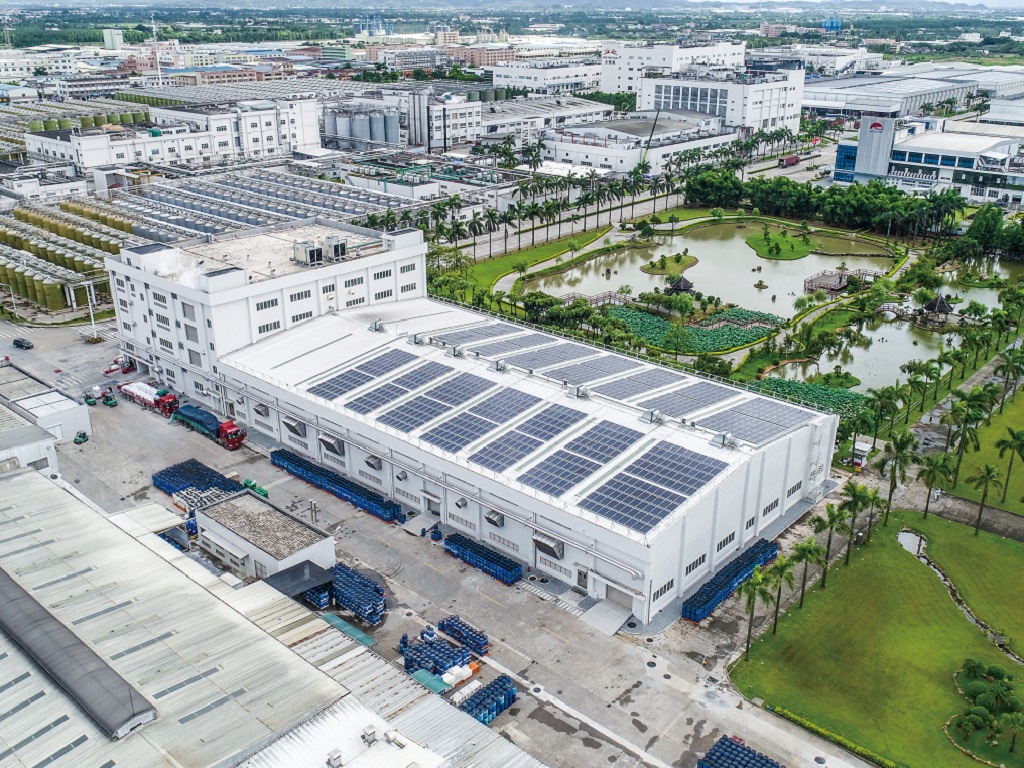4 Mins Read
Hong Kong-headquartered food corporation Lee Kum Kee has announced that its Guangdong-based production site has received the LEED Platinum certification, making it the first in the global fermented food industry to have earned the achievement. Equipped with a solar photovoltaic power generation system, geothermal heat pumps, a wetland park and wastewater treatment facilities, the manufacturing base was recognised with the top rating by the globally recognised green building standard, as the sauce and condiment maker continues to make its push towards sustainability.
Hong Kong’s iconic sauce and condiment brand Lee Kum Kee has revealed that it now holds the title as the first company to have achieved the LEED Platinum Certification within the global fermented food industry, in what it describes as the latest recognition of its commitment to sustainable development and green manufacturing practices.
LEED (Leadership in Energy and Environmental Design), is currently the most widely used and recognised standard for assessing sustainable buildings, with Platinum awarded to those ranking the highest in the four-tiered system. Lee Kum Kee’s green soy sauce fermentation project, located in its Xinhui-based site in China’s Guangdong province, is its largest of all production facilities spanning an area of over 1 million square-metres.
The project was awarded thanks to its multitude of green facilities, from the solar photovoltaic power generation system installed on the rooftop of the soy sauce plant, to the geothermal heat pump system that provides both cold and hot water to enable soy sauce fermentation using the thermostatic geothermal energy sourced underground, reducing the need to use fossil fuel-based electricity sources and saving water wastage.
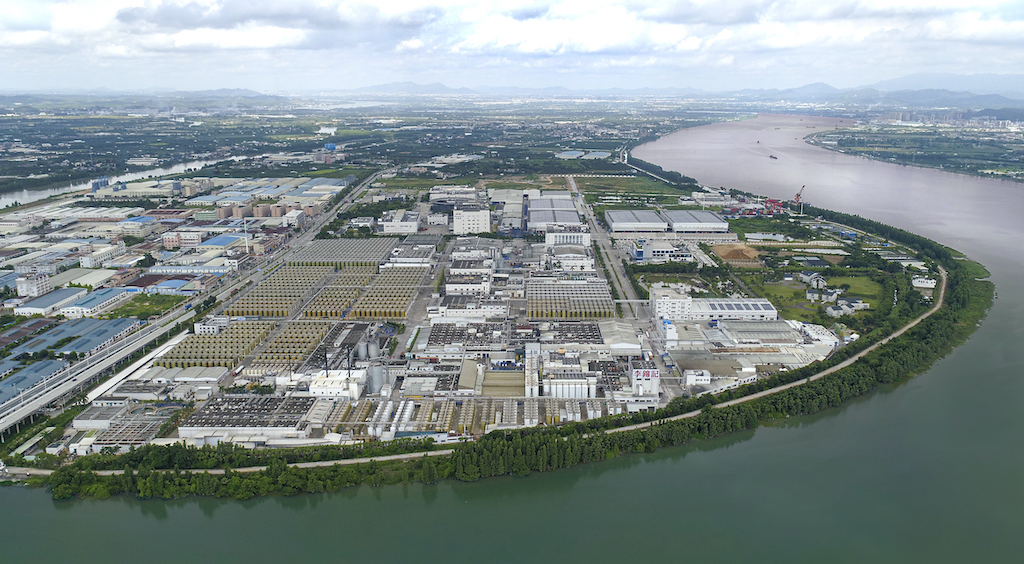
In particular, the solar photovoltaic power generation system and geothermal heat pump system earned full marks in the energy-saving aspect of LEED.
U.S. Green Building Council
Its wetland park, which boasts an 16,000 square-metre area, is able to treat an estimated 4,000 cubic metres of wastewater every single day, and is supported by a grey water recycling system that minimises Lee Kum Kee’s water use. Analysis undertaken by LEED indicated that altogether, these installations contribute to saving 55% more water and 50% more energy, while upping the renewable energy use to 6% of its total power consumption.

“In particular, the solar photovoltaic power generation system and geothermal heat pump system earned full marks in the energy-saving aspect of LEED,” wrote LEED auditors at the U.S. Green Building Council in the certification summary.
We encourage our staff to…reduce waste through measures such as promoting cycling in the plant areas, using clean energy for staff shuttle buses, encouraging the use of recyclable paper.
Lee Kum Kee
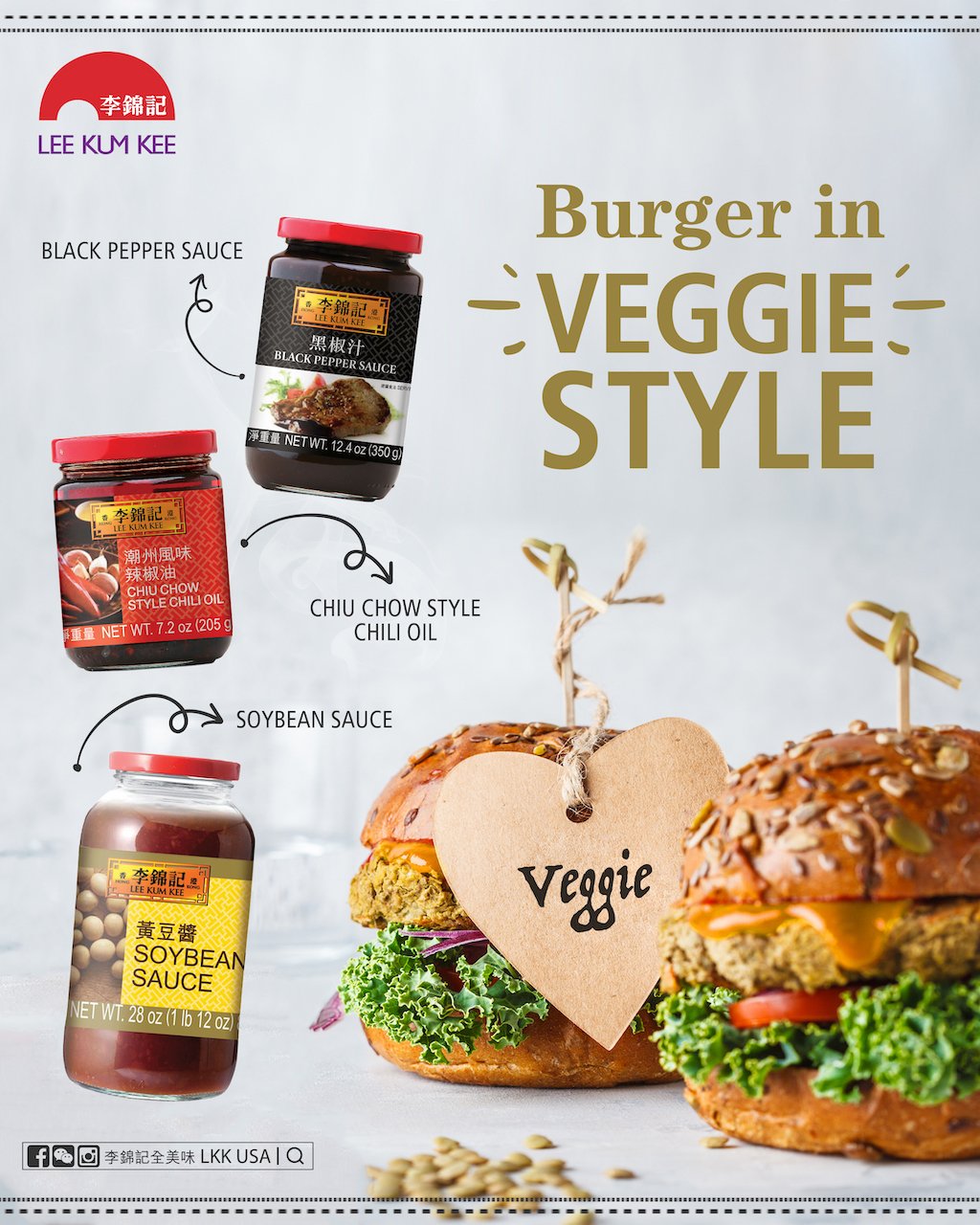
For Lee Kum Kee, whose portfolio of products though not exclusively plant-based is remarkably vegan-friendly with a wide variety of meat, dairy and egg-free condiments, such as Vegetarian Oyster Flavoured Sauce, Mushroom Bouillon Powder, Hoisin Sauce and of course, its flagship range of soy sauces, says that its dedication to sustainability extends to the practices upheld by its staff at the base.
“We encourage our staff to adopt the 3Rs strategy of Reduce, Reuse and Recycle,” said the brand in a statement.
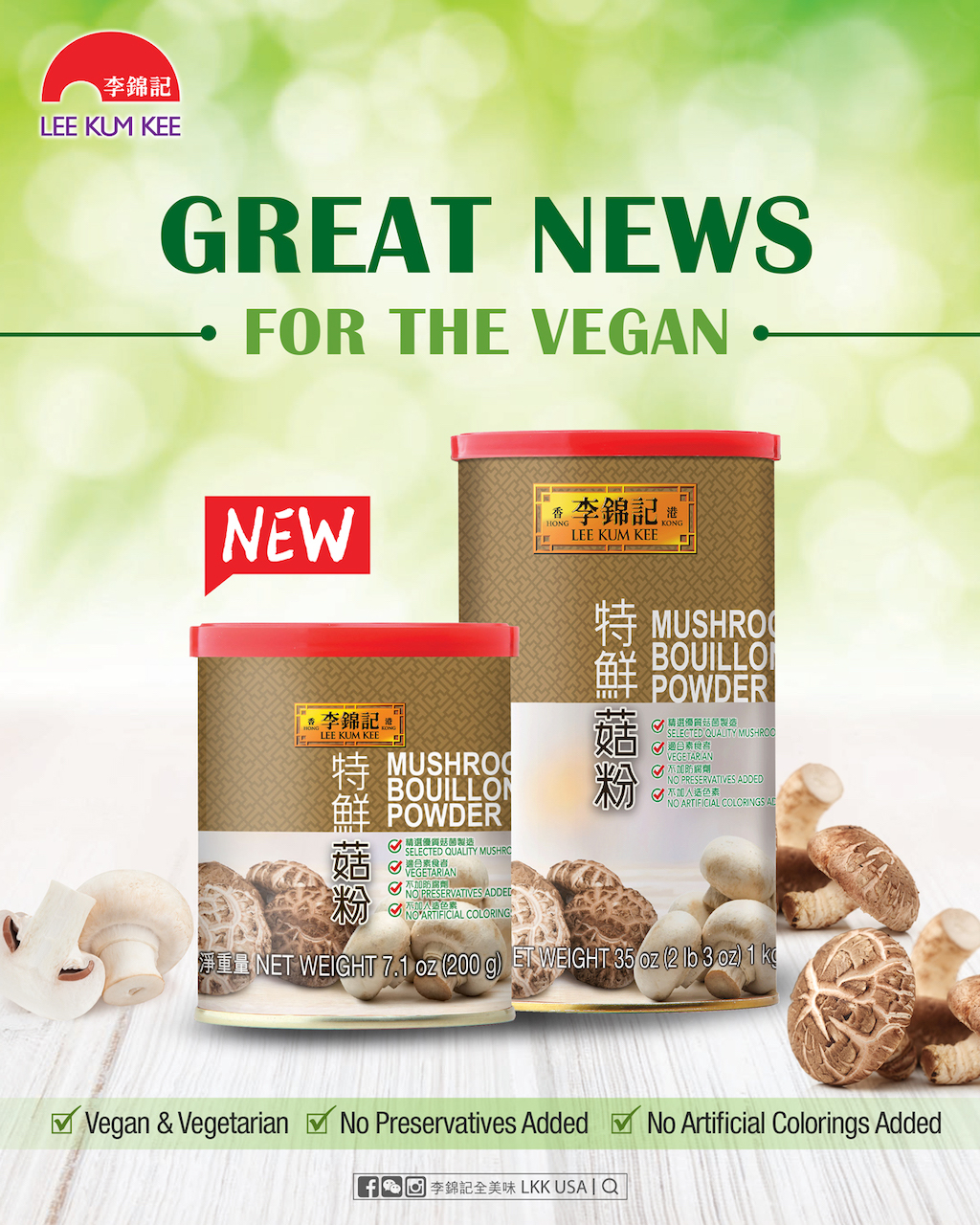
“To reduce waste through measures such as promoting cycling in the plant areas, using clean energy for staff shuttle buses, encouraging the use of recyclable paper and undertaking measures to reduce the weight of the glass bottles of products,” continued the brand, adding that these values are core to its principle of Si Li Ji Ren (translation: Considering Others’ Interests).
It was noted by LEED auditors too, who highlighted Lee Kum Kee’s Si Li Ji Ren push as evidenced in its ongoing efforts to “upgrade its packaging design, transportation logistics and user experiences in the hope of minimising its impact on the environment”.
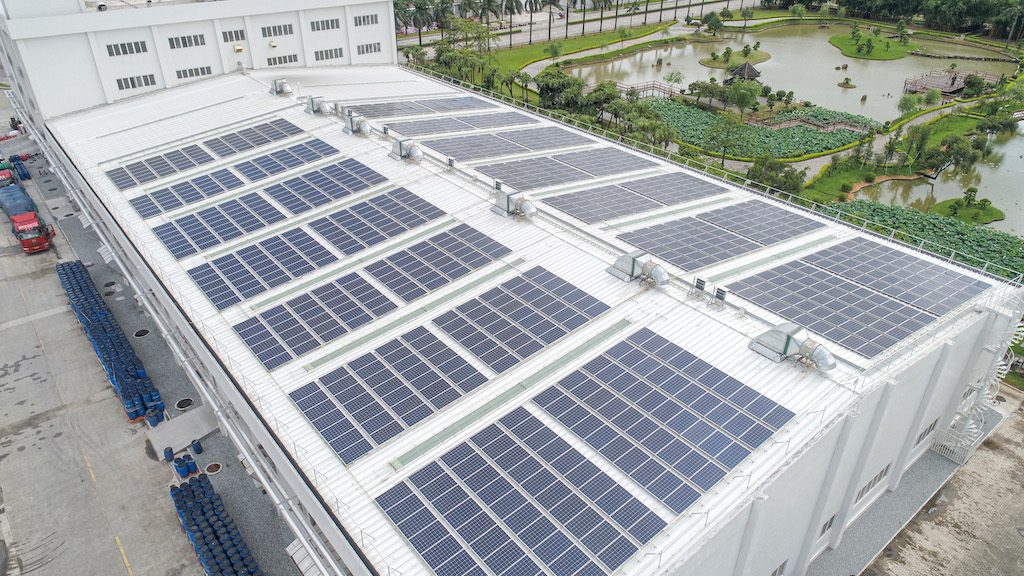
We will continue to adhere to the LEED standard when developing new projects.
Lee Kum Kee
With the fermentation industry’s first LEED Platinum production site under its belt, Lee Kum Kee says that its sustainability plans won’t end there either, a move that brands all over the world are now making as conscious consumerism takes hold.
“We will continue to adhere to the LEED standard when developing new projects, minimise the use of natural resources, and further increase the use of renewable energy in an effort to protect the environment and achieve sustainable development,” said the firm.
All images courtesy of Lee Kum Kee.
This is a Green Queen Media partner post.

